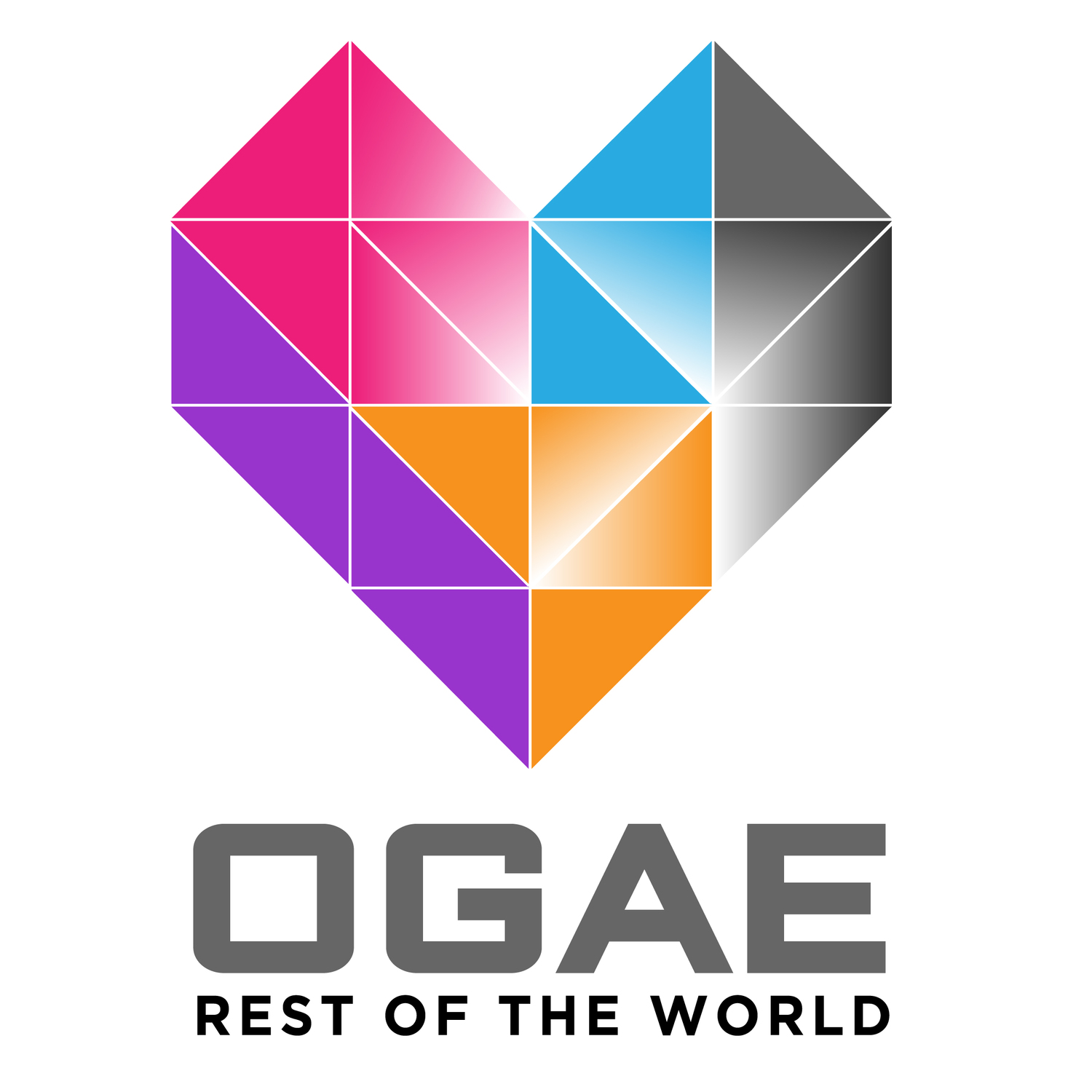Eurovision 2017, a personal restrospective - David Lee Rogers
The Eurovision Song Contest 2017 was held in Kyiv, Ukraine after Jamala's win in Stockholm with her song 1944 the year prior. Kyiv was chosen out of a small group of cities to host on 9 September, and it would be the second time hosting. Later in October it was announced that 43 countries would participate including Portugal and Romania, who had been booted at the last minute in 2016 due to financial issues. Celebrate Diversity was the slogan with a necklace of decorative beads as the logo,which was worked into the stage design with a simple necklace shaped palette set above the stage where the beads in the colors of the national flags were projected to open each performance.
Ukraine was embroiled at the time in a separatist war in the east, and Crimea had already been invaded by Russia in 2014. It was with a bit of trepidation that I decided to try to go to my first Eurovision. It seemed like forever before they announced ticket sales would commence on 14 February. Trying to get tickets to the world's biggest music event is no easy task, but it seemed that many were a bit hesitant to venture to a country technically involved in serious fighting. So, I was estatic that I was able to get tickets to all the live shows on my own on the first try. It helped to play with the ticket vendor's site to figure out how to get past all the bugs before the tickets went on sale, and we were able to open multiple tabs on the same browser for more chances to get a low number. I remember having 10 tabs each on two browsers looking for a number under 1000.
Many may not remember but a day later, a 21 employees organizing the event quit en masse as a protest of what they asserted was their inability to make decisions due to the appointment of their new boss. At the time, no one really knew how detrimental this would be to Eurovision week. Yet, that event was overshadowed four weeks later by Russia and their selection of Julia Samoylova to sing Flame Is Burning. As she visited Crimea directly from Russia in violation of a law passed a few years previous barring entry to anyone who visits Crimea by any other means than by land from Ukaine, the Ukrainian government refused her participation. The option to participate by video was offered but rejected by Russian authorities, and since Ukraine stood by their law and Russia would not choose another singer who had not visited Crimea, Russia withdrew making 42 countries in the contest.
Once the dust settled, though, the shows went fairly smoothly. The shows were on 9, 11, and 13 May at the International Exhibition Centre, some distance from the city center. I remember being on the subway 30 minutes to get there, and once at the subway stop it was easily another kilometer walk to entrance of the venue. The heat wave the week prior had given way to a huge cold front that blew in a day or two before the red carpet opening, and it was a long cold walk past a huge line of military / security providing very heavily armed protection. That really was the only glimpse that we were attending an event in a country at war. The Eurovision Village in the middle of Kyiv was a peaceful, albeit cold, place to get some food, listen to music and see a few interactive booths. I did not attend the red carpet opening which was disappointing knowing now that it would be the last to allow fans to show up.
The shows themselves were a visual cornucopia. The simple stage design necessitated heavy use of the LED screens and props, and many artists took full advantage, creating memorable and iconic performances. In semi-final 1 were Azerbaijan, Armenia, Portugal, Moldova, and Latvia's psychadelic scene all catching people's eyes in their own way, and in semi-final 2 Croatia, Belarus, Norway, Hungary, Romania, Austria with their crescent moon, and Ireland's hot air balloon were memorable to me. France, Ukraine's huge head, Italy with their dancing gorilla, and Romania with their smash face kiss and wardrobe malfunction all left a lasting impression visually in the final. Another notable singer to mention was Lucie Jones and her incredible performance that no one expected, and certainly her passion was visible in her contorted face and arms as she sang. Her powerful rendition blew the audience away in the arena.
The grand final that Saturday night saw Portugal win for the first time in fifty participations, and I remember how vocal the Portugal crowd was that night, particularly when it was time for Spain's votes. I also remember sight seeing around Kyiv that week running into the large Portuguese contigent on the streets, and they always made their presence known. There were a couple other firsts that year, with North Macedonia providing the first ever marriage proposal, and Jana Burceska said Yes! Too bad the voters said No! to her performance. Belarus also competed for the first time with a song in their own Belarussian language, which was a genuine treat. Norway's JOWST also gave us the question that year regarding their samples - are they pre-recorded backing vocals or not? For Grab the Moment at least, the EBU decided they were sound effects not vocals.
Everyone else who also attended 2017 in Kyiv (that I talked to) had nothing but great things to say about the city, the people, the shows, the Eurovision Village, everything. We loved it all. For a first-time experience it just left me wanting more Eurovision and more Ukraine, just when it's warmer!
















